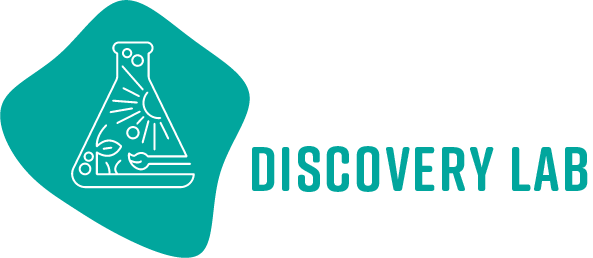STUDENT MOTIVATION – AUTONOMY, MASTERY, AND PURPOSE
One area where our educational practices often lag behind what we know based on research, is in the area of student motivation. Drive, a book by Daniel Pink, shares a well thought-out and science backed perspective on what motivates humans. This video summarizes Pink’s findings.
The core principles that motivate people: Autonomy, Mastery, and Purpose are often lacking in our traditional school setting. Instead, many classrooms are managed through reward and punishment in the form of grades, behavior charts, classroom economies, and common disciplinary techniques (being sent to the Principal’s office or made to miss recess). While these strategies may gain some form of compliance in the short term, if we look at the research and student outcomes, we see that they do very little to create a community of engaged learners that are invested in their education. Sure, we can make kids go to school, and jump through the hoops (most of the time), but is that really our overarching goal? Are we really comfortable with no greater outcome than attendance and compliance?
When students (and humans of any age for that matter) work in an environment that fosters autonomy, mastery, and purpose, their engagement and motivation increase. At Discovery Lab, the teachers and administrators strive to create a classroom that promotes student engagement through the use of these principles. We know that as teachers and administrators we too, must continue to change and grow, being mindful and intentional about how we run our classroom and program. In our quest for understanding and enacting better methods for teaching and guiding children, we also model lifelong learning and growth for our students.
How do we define Autonomy, Mastery and Purpose? Autonomy is the principle of self-determination, having say in your existence and future. Mastery is growth in skills and knowledge, the sense of improving at skills and abilities. Purpose ties it all together. Humans want to work toward a meaningful outcome. Why am I doing this and more importantly, what does it mean to me? When humans see that their pursuits have a benefit that is meaningful to them, they have embarked on a purpose-driven journey and motivation comes from within.
How do we intentionally foster autonomy in our classroom? Student choice – not everything students do in our classroom is self directed, but they actually start every single day with self directed time. As they enter the classroom they are greeted with a variety of games, learning prompts, and learning centers. Allowing students this initial entry task of their own choosing sets the stage for them to become active participants in their own learning and sparks their internal motivation. We operate our classroom using different methodologies but rely heavily on project-based learning. Within projects, students are able to ask their own questions and often determine how they will show what they have learned. Sometimes the group works together to make a collective product. In this instance each student has agency and influence in the creative process.
What are some of the things we do intentionally to foster mastery? Every student in our classroom has their own individual work box with work that is at a “just right” level for him or her. This means the work is adequately challenging but not overwhelmingly difficult and is part of what the child needs as they continue their developmental progression of learning. When children have work that meets their individual needs some of the time, rather than always learning the same concept at the same time with a large group, they are able to master concepts at a pace that fosters engagement because of the consistent growth toward mastery. Because we have fewer students in our classroom our teachers are able to use ongoing formative assessment to track student progress. This means that we measure student outcomes in a variety of ways rather than relying solely on end-of-unit assessments. We have found that giving students time to work at their own level and at their own pace each day drives their mastery as well as their engagement.
How do we intentionally foster purpose? At Discovery Lab, each individual student’s interests and way of being in the world are taken into consideration as we build our projects. When students are working to understand a question that they themselves have asked and are interested in, they have purpose. When the students created this video, it wasn’t for the sake of learning to run a camera, editing tools, story writing, and music production (although they learned these skills through the project), it was with the purpose of telling the story of sharing and selflessness of Kris C. Purpose driven work is fundamentally different than assigned work. Doing what the teacher told you is not a purpose, it is a duty, an obligation, a chore; sharing a beautiful story hoping to inspire people toward greater kindness is a purpose.

